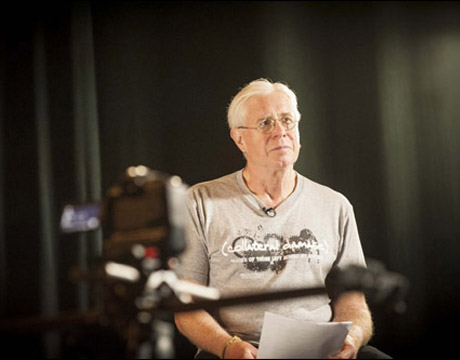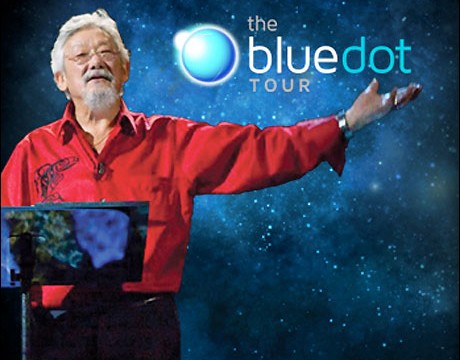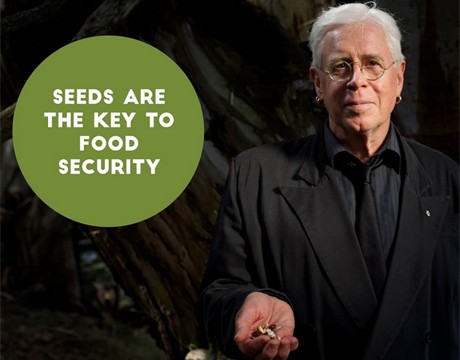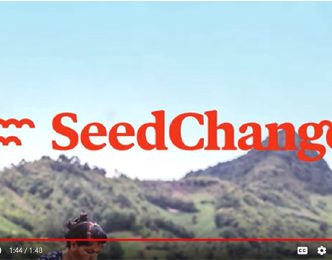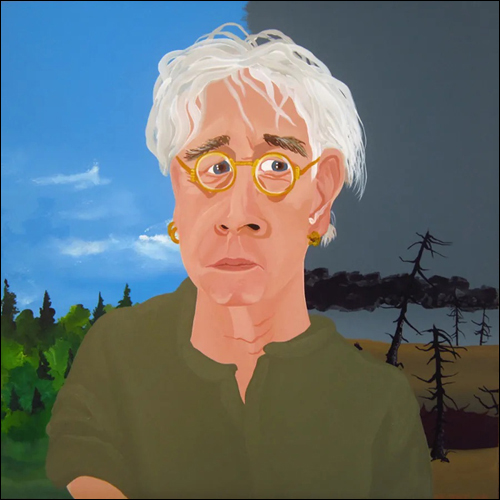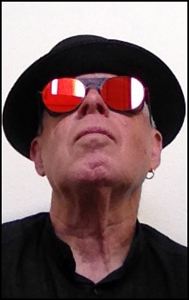by Rob Caldwell
The Mines of Mozambique - The Charity of Night
In 1995 Bruce Cockburn wrote “The Mines of Mozambique,” a song which helped call attention to the plight of Mozambicans dealing with the aftermath of almost 30 years of war: a war of independence from Portugal and an even longer civil war. Wars which left the country riddled with unexploded landmines inflicting injury and death whenever men, women and children stepped, unawares, on them. It took over 20 years of work, but in September 2015 it was announced that the last landmine was removed.
The Coming Rains - The Charity of Night
“The Mines of Mozambique” (along with a good chunk of “The Coming Rains“) was composed on the night of September 11, 1995 in a hotel room in Quelimane, Mozambique while Bruce was on a fact-finding tour at the invitation of charitable organization Cooperation Canada Mozambique (COCAMO). It wasn’t his first time in the country. He had been there 7 years earlier when COCAMO asked him to Mozambique to help them generate support for a hunger-relief program. At that time the country was still in the grip of civil war and he was very restricted in his movements around the countryside, being shuffled from city to city.
Between that time and when he returned, the war ended and the International Campaign to Ban Landmines was founded in 1992. De-mining efforts were well underway, but moving slowly due to the dangerous conditions of the job. In a 1997 interview in Pause and Play, Bruce said,
“It was a country at peace when I went there, but the effects of war were everywhere. Landmines are almost like an evil spiritual part of the landscape, like some kind of mythical ogre that’s under your bed when you’re a kid and you’re afraid to step down onto the floor at night. People just simply walking or driving down the road and who have to take a leak, they have to think before they make any moves. They have to remember to leak on the road and not wander off into the bushes or they might be killed by a landmine. And the children can’t be children and venture off to play. The landmines are everywhere.”
Similar to the way his earlier song “If I Had a Rocket Launcher” came about, he witnessed the situation and then distilled those experiences into words and music. “The Mines of Mozambique” was “not an attempt to address the issues of land mines, but it reflects the atmosphere in a country that’s infested with them,” he explained in an interview on Portland, Oregon’s KINK FM. The track was included on The Charity of Night, issued in February, 1997. Yet, it had become a standard part of his shows immediately following his return from Mozambique in 1995, and would remain in his set lists for years after. To give context and to raise awareness of the landmines crisis, Bruce usually preceded performances of the song with a spoken introduction.
The opportunity to publicize and build awareness of the landmines issue even more directly came in the fall of 1995, immediately following his return from Mozambique. It was during that time that he embarked on a cross-North America speaking tour with Mozambican singer Chude Mondlane and the executive director of COCAMO, Michael O’Connor. The last stop on the tour was a visit to Canada’s Parliament to meet with leaders about instituting a landmine ban and to hold a press conference on the issue. In his autobiography, Rumours of Glory, Bruce describes how he was given five sample, inert landmines to use in his presentation. He brought them into the parliament building and startled all present, including security staff, when he placed them on the table to illustrate his comments. This caused a bit of a problem when he returned later in the day and he was promptly surrounded by security agents and questioned about the mines. As he writes in the book, “I was earnestly admonished not to bring them with me again.”
Due to the efforts of Bruce and many others around the world, on December 3, 1997 the Anti-Personnel Mine Ban Convention was signed by 122 countries in Ottawa, Ontario. It became known as the Ottawa Treaty and banned the production, stockpiling and use of landmines. Since then, 39 additional nations have joined the treaty. Unfortunately, there are still those, including the United States, who have not signed on.
Even though the treaty signified a marked reduction in new landmines, there were (and are) still millions in the ground internationally. Mine removal was still ongoing in Mozambique and in 2013 the U.N. estimated there were still more than two million in the country. Due to continued diligence and unwavering effort, however, the humanitarian and demining organization HALO Trust declared Mozambique mine free two years later. People can now safely farm, can safely walk and drive wherever they want to, and the continually rising burden on health care due to landmine injury has been stemmed.
The landmine problem is over for now in Mozambique, but continues in other parts of the world. The issue is still one of great importance to Bruce and he devoted a generous part of his autobiography to an examination of landmine issues. In 2000 he told the Tucson Weekly,
“For me, it’s all one big issue. All of these things are aspects of how we treat each other and how we relate to the nature of which we are part. Anytime I can address any of those aspects, I’m happy to do it. It’s all really about human dignity and human survival.”
Related Links:


